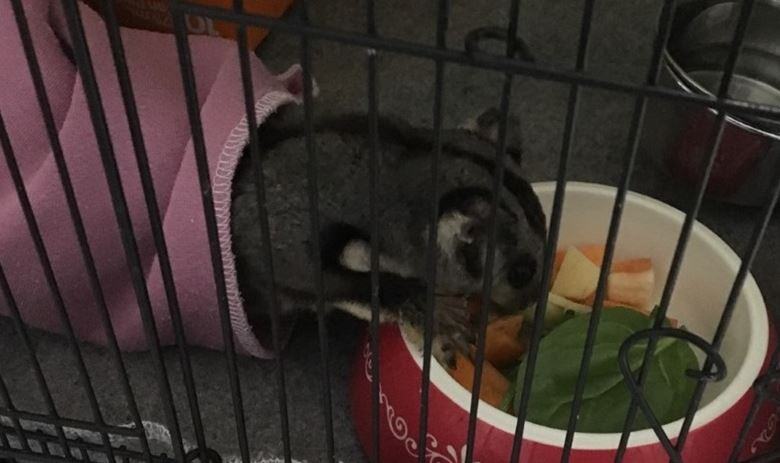Once Bitten, Twice Shy - Turtle Protection Project
January 2026
For emergency rescue support 24/7 please call 1300 094 737

The fire season has started early again this year and many regions are suffering.
We have been inundated by the community wanting to help, and requesting updates on affected wildlife. WIRES' volunteers are doing all they can to help the native animals that have been impacted, and there are specific ways members of the community can help which are outlined below.
Unless WIRES is notified to respond via the Department of Primary Industry (DPI) Agriculture and Animal Services Functional Area, WIRES must wait until the fire grounds have been declared safe to actively search for wildlife. No WIRES volunteers can enter the fire ground until it has been declared safe.
Fires present a significant risk to the safety of volunteers and community members and the activities conducted during and after a fire event must follow the directives of the first responder organisations such as RFS, Fire & Rescue NSW and SES.
3 Ways to Help Wildlife
This squirrel glider is one of the animals recently rescued by WIRES Volunteer Robyn in Clarence Valley. She was found in a fire zone covered in soot and her feed were black. She has received treatment and is doing well.
There are other fire affected animals including a python and glider being monitored in care. Sadly, some animals have been too severely burnt to be saved. In addition to the fire related rescues WIRES' volunteers are responding to other requests for rescue help for hundreds of sick, injured and orphaned native animals every day.
Only licenced wildlife carers can rehabilitate native animals and WIRES always needs more volunteers. If you are interested in joining WIRES to help rescue and care for native animals, you can sign up after reading the information about becoming a volunteer.
Staying Safe During Fire Emergencies
If you live in or are travelling through an area affected by a fire please make your personal safety a priority. Bush and grass fires often cross roads and highways, smoke can reduce visibility and roads may also be closed without warning. Please make sure you have all the information you will need to keep safe.
Check:
If you are caught in a fire:
Stay in touch and get our regular rescue stories, WIRES updates and a free copy of our 15 Ways to Help Wildlife ebook
January 2026
January 2026
November 2025
November 2025